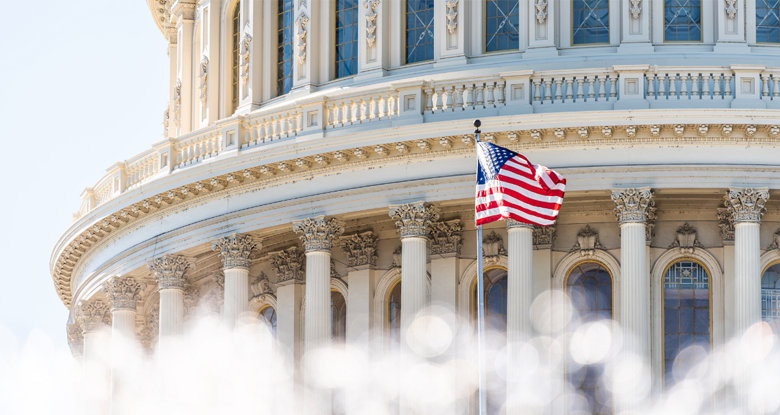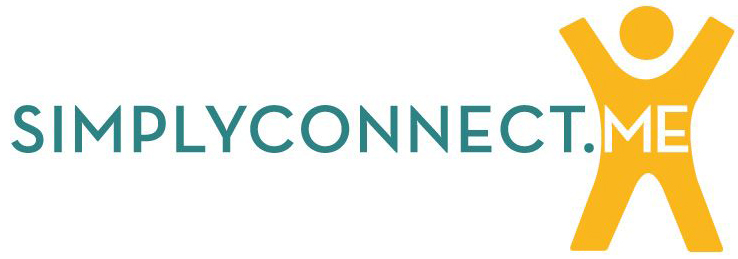On Tuesday President Biden signed the $1.5 trillion government spending bill into law. The law failed to include $15 billion in COVID-19 relief aid due to disagreements over how to pay for that provision, but did increase non-defense spending by six percent, including a $6 million increase for home and community-based services. The law provided more funding for biomedical and behavioral research and increased funding for the Centers for Disease Control and Prevention. Funding for public and behavioral health initiatives, including mental health resources for children and youth also saw a significant increase. Under the law, more funding was allocated to create 25,000 new Housing Choice Vouchers for low-income individuals and families at risk of homelessness. The law funds the government until the fall, but Congress is expected to begin work on the next funding bill as soon as they receive the President’s budget framework, which is expected by early April.
Meanwhile, Democrats are still hoping to salvage something from the Build Back Better Act. Debate within the party is focused on whether to pursue a general framework set out by Sen. Manchin to pass an “economic reconciliation package” to address inflation and the deficit or focus on passing any provisions from the Build Back Better package that can win bipartisan support. There remains a lot of uncertainty over the next steps, and we are unlikely to see a major breakthrough for several months.
With the government funding bill passed, other major developments included:
- The response to Russia’s invasion of Ukraine: Following an address by Ukrainian President Volodymyr Zelenskyy to a Joint Session of Congress, President Biden announced a large increase in military aid amid growing pressure to transfer warplanes or even implement a no-fly zone over the country.
- President Biden signed the Reauthorization of the Violence Against Women Act.
- The Senate unanimously passed the Sunshine Protection Act, which would make daylight savings time permanent across the country.
- On Wednesday the Federal Reserve increased the federal funds interest rate by .25 percent, launching the first in what will likely be a series of rate hikes meant to fight inflation.
- Shalanda Young was confirmed in a 61-36 vote as the first Black woman to lead the White House Office of Management and Budget.














